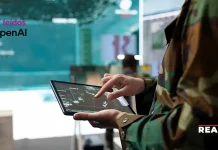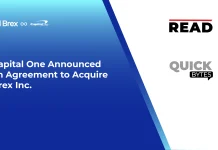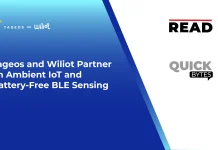Butler National Corporation announces that its subsidiary Avcon Industries, Inc., a leading provider of ISR and special mission solutions for aircraft, received Federal Aviation Administration approval of Avcon special mission modifications for the Model 208 and 208B Caravan. FAA Supplemental Type Certificate number SA01975WI approves Avcon fuselage sensor ports with or without the Avcon Mission Power System for the Textron Aviation (Cessna) Model 208/208B.
Also Read: Arbe Introduces Radar Based Free Space Mapping as Part of Its Perception Imaging Radar, at CES 2022
The Avcon Caravan Sensor STC solution offers a cost-effective installation of dual sensor holes (ports) in the aft fuselage of the airplane and the optional provisions for custom missionization power for the Caravan.
Marcus Abendroth, President of Avcon, said, “This is tremendous break-through project for entering a new aircraft market. The objective of the Avcon Caravan Sensor Platform is to incorporate unique features and functionality gained from Avcon’s extensive modification experience. This provides the marketplace with a cost-effective sensor port modification to a recognized single-engine platform. The modification was designed to easily be produced as a kit for qualified installers and to minimize downtime. There are over 2,500 of these aircraft built and we are confident that this modification will satisfy a need in a significant market and accommodate larger new-technology sensors. We look forward to continuing to grow our product offerings.”
Avcon Industries, Inc. is a wholly owned subsidiary of Butler National Corporation. Butler National operates in the Aerospace and Management Services business segments. The Aerospace segment focuses on the manufacturing and certification of aviation-related products, including Special Mission – Intelligence Surveillance Reconnaissance solutions, avionics offerings, regulatory solutions, and controls for weapons systems. Services include temporary employee services, gaming services and administrative management services.
Statements made in this report, other reports and proxy statements filed with the Securities and Exchange Commission, communications to stockholders, press releases, and oral statements made by representatives of the Company that are not historical in nature, or that state the Company or management intentions, hopes, beliefs, expectations or predictions of the future, may constitute “forward-looking statements” within the meaning of Section 21E of the Securities and Exchange Act of 1934, as amended (the “Exchange Act”). Forward-looking statements can often be identified by the use of forward-looking terminology, such as “could,” “should,” “will,” “intended,” “continue,” “believe,” “may,” “expect,” “hope,” “anticipate,” “goal,” “forecast,” “plan,” “guidance” or “estimate” or the negative of these words, variations thereof or similar expressions. Forward-looking statements are not guarantees of future performance or results. They involve risks, uncertainties, and assumptions. It is important to note that any such performance and actual results, financial condition or business, could differ materially from those expressed in such forward-looking statements.




